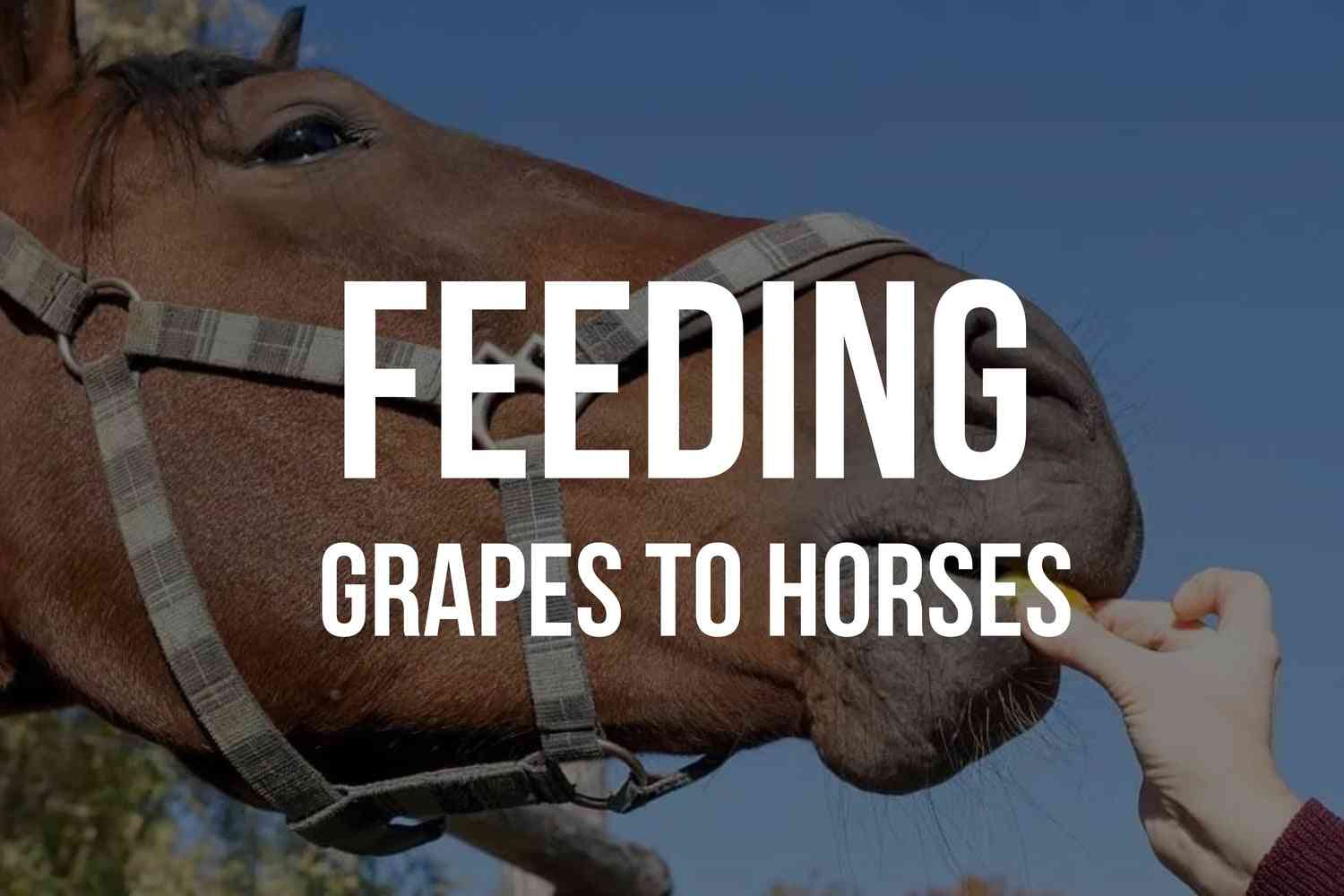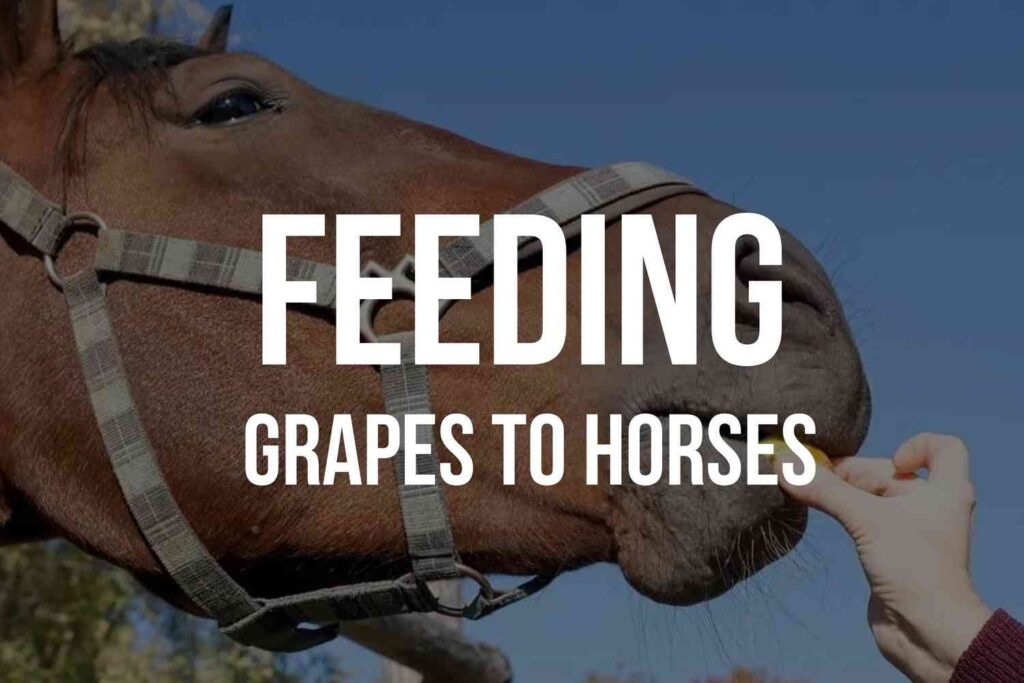Contents
Key Takeaways
- Feeding raisins to horses is generally safe when done in moderation, but overindulgence can lead to health problems.
- Raisins offer natural sugars and vitamins beneficial to a horse’s diet but may cause weight gain and dental issues if consumed excessively.
- A horse’s breed, size, and activity level should guide how raisins are incorporated into their diet.
- Introduce raisins gradually in small quantities and monitor for any adverse reactions.
- Consult a veterinarian or equine nutritionist for personalized dietary advice.
>> READ MORE:
- Can Horses Eat Grapes? – All Important Things You Should Know
- Discover the Joy: Determining the Perfect Quantity of Grapes for Your Horse to Safely Enjoy
Can Horses Eat Raisins?
Caring for horses involves more than just grooming and exercise—it also means providing a balanced diet. A common question among horse owners is whether raisins are safe treats. Let’s uncover the facts about feeding raisins to horses and the potential implications of this choice. https://hearttohorses.com
The Role of Raisins in an Equine Diet
Horses primarily consume hay and grasses, which are high in fiber and essential for digestive health. While fruits and vegetables can make great occasional treats, understanding what’s safe is crucial.
Raisins, being dried grapes, contain natural sugars and vitamins like vitamin C. They provide a quick energy boost, especially for active horses, and their antioxidants can add nutritional value.
However, due to their high sugar content, raisins can pose risks such as digestive upset, obesity, or dental problems when overfed. Moderation is key, as horses have sensitive digestive systems that respond poorly to drastic dietary changes.

How to Feed Raisins to Horses Safely
Portion Size and Frequency:
A small handful of raisins (10–15 pieces) offered once or twice a week is generally safe. Always start with a small portion to assess how your horse tolerates them. Watch for signs of discomfort, such as colic or changes in stool. If issues arise, discontinue immediately and consult a veterinarian.
Individual Needs:
Consider your horse’s breed, size, age, activity level, and health. For instance:
- A draft horse may handle more raisins than a smaller pony.
- Horses with conditions like equine metabolic syndrome or insulin resistance should avoid raisins due to their sugar content.
Expert Advice for Tailored Diets
Every horse is unique. Before introducing new treats like raisins, seek guidance from a veterinarian or equine nutritionist. They can provide recommendations tailored to your horse’s specific needs, ensuring a safe and balanced diet.
Raisins vs. Other Treats
While raisins can be a tasty option, their sugar content might not suit all horses. Consider healthier alternatives like apple slices, carrots, or low-sugar commercial horse treats. These options can provide variety without compromising your horse’s health.
Conclusion
Horses can safely enjoy raisins in moderation as an occasional treat. However, it’s essential to account for their individual dietary requirements and health conditions. Treats should complement—not replace—a nutritionally complete diet.
With mindful feeding practices and expert advice, raisins can become a sweet addition to your horse’s treat repertoire. As with all things, moderation is key!

